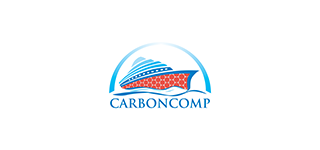High-throughput development of carbon-polymer nanocomposites for marine applications
https://cordis.europa.eu/project/id/286413

ACRONYM:
CarbonComp
START DATE:
01/09/2011
LATE DATE:
31/08/2015
FUNDING SOURCE:
FP7-PEOPLE-2011-IAPP